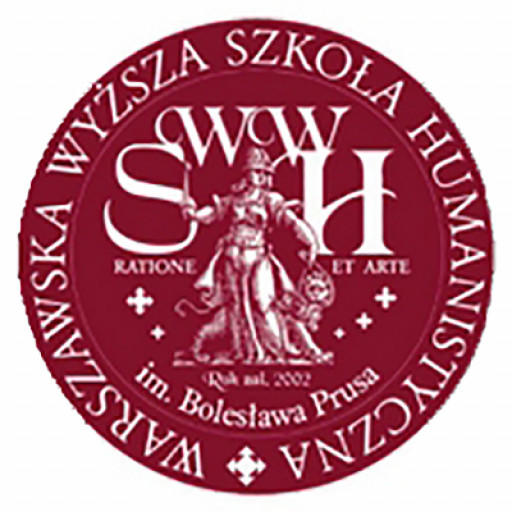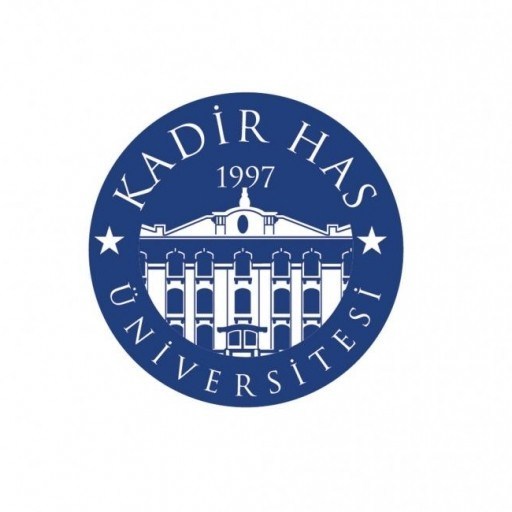Photos of university
The MA in Audiovisual Translation at City University is a specialized postgraduate program designed to equip students with advanced skills and theoretical knowledge essential for careers in the dynamic field of audiovisual translation. This program offers a comprehensive curriculum that encompasses various aspects of translating and subtitling for films, television, streaming media, and digital platforms. Students will explore key topics such as translation theories, subtitling strategies, voice-over and dubbing techniques, localization processes, and the ethical considerations involved in audiovisual translation.
The program emphasizes practical training through hands-on projects, enabling students to develop proficiency in using industry-standard software and tools. Collaborations with media companies, translation agencies, and production studios provide invaluable industry insights and networking opportunities, fostering a professional environment conducive to career development. Alongside technical skills, students will engage with linguistic, cultural, and legal challenges associated with audiovisual content across different languages and cultures, preparing them to meet the diverse demands of global media markets.
Faculty members, experienced researchers and practitioners in the field of audiovisual translation, deliver lectures, seminars, and workshops that blend academic theory with real-world application. The program encourages critical thinking and innovation, encouraging students to analyze emerging trends such as subtitling for virtual reality or live translation for streaming services. Graduates of this program will be well-positioned to pursue careers as subtitlers, translators, localisation specialists, content editors, and project managers within the media and entertainment industries or to undertake doctoral research in translation studies.
The MA in Audiovisual Translation at City University is ideal for individuals passionate about languages, media, and technology, seeking to specialize in a high-demand sector that combines linguistic expertise with multimedia production skills. The program aims to foster multilingual professionals capable of adapting to the evolving landscape of global audiovisual content and contributing to the internationalization of media entertainment.
Program Content:
The MA in Audiovisual Translation at City University offers a comprehensive and in-depth exploration of the key skills and theoretical frameworks necessary to excel in this dynamic field. The program is designed to equip students with the practical abilities required for professional translation of audiovisual content, including films, television programs, online videos, and multimedia productions, as well as the critical understanding of the cultural, technical, and linguistic challenges involved in the process.
Students start with foundational modules that cover the essentials of translation theory, audiovisual culture, and the specific demands of subtitling, dubbing, and audio description. These modules emphasize the development of expert skills in translating audiovisual materials while maintaining synchronization, timing, and contextual integrity. The curriculum also includes courses on the use of translation software, working with different media formats, and the application of subtitling guidelines and standards.
Advanced modules deepen students’ understanding of specialized areas such as localization, transcreation, and the adaptation of content across different cultures and languages. The program offers practical workshops that simulate real-world translation projects, allowing students to gain hands-on experience with industry-standard tools like Subtitle Edit, Aegisub, and other subtitling and dubbing software.
A key feature of the program is the focus on cultural competence, encouraging students to consider issues such as cultural adaptation, humor, and idiomatic expression in audiovisual translation. This is complemented by courses in media studies and intercultural communication, fostering an understanding of the global media landscape and the importance of cultural sensitivity.
Students also have opportunities for collaborative projects with industry partners, internships, and participation in translation conferences and events, which facilitate networking and professional development. The program culminates in a dissertation that demonstrates the student’s ability to integrate theoretical knowledge with practical skills, addressing complex issues in audiovisual translation.
Overall, the MA in Audiovisual Translation at City University prepares graduates for successful careers in subtitling, dubbing, and multimedia localization, equipping them with both the technical expertise and cultural awareness necessary for the evolving media industry.
Program requirements for the MA in Audiovisual Translation at City University include a minimum of a second-class Bachelor's degree or equivalent in a relevant subject such as translation, languages, media studies, or related disciplines. applicants are expected to demonstrate proficiency in at least two languages, including English, with evidence through academic qualifications or standardized language tests. Prior experience or knowledge in translation, subtitling, dubbing, or media production is advantageous but not compulsory. Applicants must submit a personal statement outlining their interest in audiovisual translation, relevant skills, and career goals, along with a curriculum vitae or CV. Additionally, references from academic or professional sources supporting the applicant's suitability for the program are required. For international students, proof of English language proficiency, such as IELTS or TOEFL scores, must be provided, with minimum scores typically set at an IELTS of 6.5 overall or a TOEFL iBT of 90. The application process may also involve an interview or a short test to assess translation skills and language proficiency. The program aims to equip students with practical skills in subtitling, voice-over, and dubbing, alongside theoretical knowledge of audiovisual media and translation studies, so applicants should demonstrate a keen interest in media content and translation technologies. Candidates are encouraged to have access to a computer with reliable internet, audio-visual software, and relevant translation tools. All applicants must fulfill the general entry requirements of City University and pay the application fee by the specified deadline. successful applicants will be reviewed based on academic background, language skills, relevant experience, and motivation, with selection prioritizing candidates demonstrating strong communication and technical aptitude for audiovisual translation. This comprehensive set of requirements ensures that admitted students possess the foundational knowledge and technical competence necessary for advanced study and professional practice in this specialized field.
The financing of the Audiovisual Translation program at City University is structured through a combination of tuition fees, government funding, scholarships, and financial aid options. Tuition fees for international students are set annually and are competitive within the UK higher education sector, reflecting the high-quality instruction and resources available to students. Domestic students benefit from subsidized tuition rates in accordance with UK government policies, making the program accessible to a broader range of applicants. City University also offers various scholarships and bursaries aimed at supporting students financially, including merit-based awards and need-based assistance. These scholarships are often available for both undergraduate and postgraduate students and can significantly reduce the overall cost of study.
In addition to scholarships, students can access government-funded student loans, which are designed to assist with tuition fees and living expenses during the course duration. Postgraduate students, in particular, may be eligible for government loans or specific funding schemes targeted at arts and humanities disciplines. The university maintains partnerships with external organizations and industry stakeholders that sometimes provide additional funding opportunities or sponsorships for students pursuing specialized fields such as audiovisual translation.
City University also provides information on part-time work opportunities, internships, and placements, which can help students finance their studies while gaining practical experience in the language and media sectors. The availability of financial support is complemented by comprehensive guidance services that assist students in managing their finances, applying for grants, and exploring all available funding options. Overall, the program's financing structure aims to make high-quality education accessible to diverse student populations while promoting academic excellence and professional development in the field of audiovisual translation.
The MSc in Audiovisual Translation at City University is a specialized postgraduate program designed to equip students with advanced skills in translating and localizing audiovisual content. The curriculum covers a broad range of topics including subtitling, audio description, dubbing, and multimedia translation, with a focus on developing technical competence and cultural awareness necessary for professional practice. Students engage with cutting-edge translation software and techniques, gaining practical experience through hands-on projects that simulate real-world industry scenarios. The program emphasizes the importance of accuracy, cultural sensitivity, and creativity in translating films, TV shows, documentaries, and digital media to ensure accessibility and viewer engagement across different languages and cultures.
Throughout the course, students have access to expert lectures, workshops, and industry partnerships that provide insights into current trends and challenges in the audiovisual sector. The program also encourages collaborative work, fostering teamwork skills vital for a successful career in translation and localization industries. Graduates of the MSc in Audiovisual Translation are well-prepared for roles in subtitling companies, broadcasters, and digital content providers, with opportunities to work locally or globally. The program is tailored to meet the needs of a rapidly evolving media environment, integrating new technologies such as machine translation and artificial intelligence to enhance translation quality and efficiency.
City University’s reputation for research and industry links offers students a competitive edge, with access to a network of professionals and opportunities for internships and placements. The program's flexible structure allows part-time study, enabling working professionals to upgrade their skills while continuing their careers. Overall, the MSc in Audiovisual Translation is designed to develop not only technical translation skills but also an understanding of multimedia production and media studies, preparing graduates for a diverse and dynamic field that combines language, technology, and creativity.









